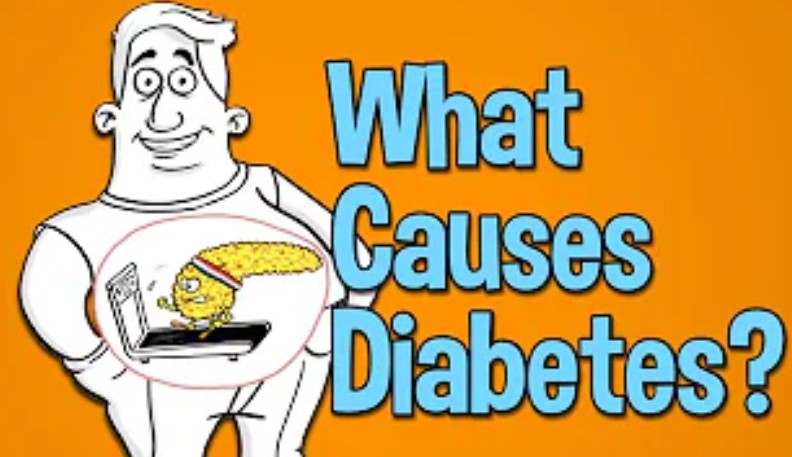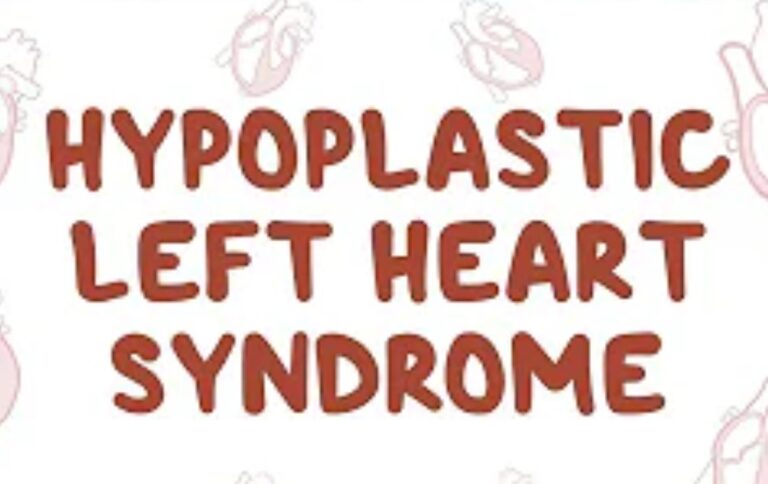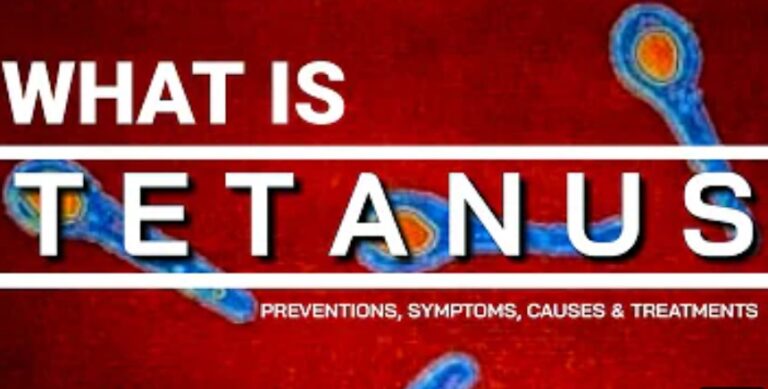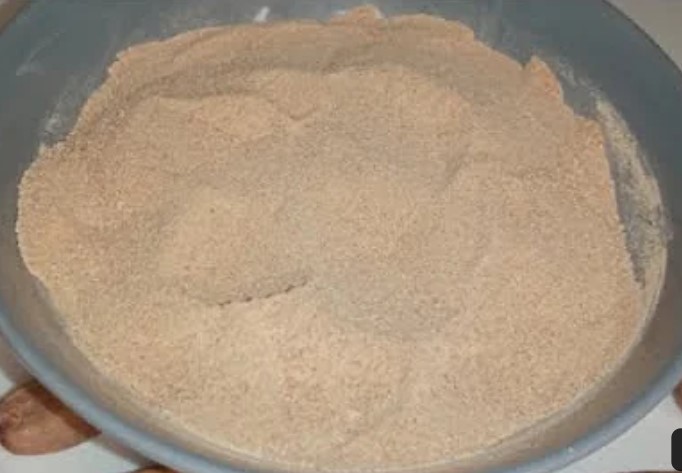Diabetes: Causes, Symptoms, Treatment, Prevention.
Diabetes is a common condition among Africans & Nigerians, and it is a major cause of so many other health conditions like hypertension among others. There are two types. Diabetes Mellitus and Diabetes Insipidus.
What is Diabetes?
Diabetes mellitus is a medical condition whereby there is an increased amount of sugar in the blood (known as hyperglycaemia).

Cause of Diabetes Mellitus
Insulin Production: DM is caused by a deficiency of insulin (a hormone in the body that is responsible for the management of sugar). This is true for type 2 diabetes.
Insulin is like the broom & packer of the body. It sweeps & parks sugar out of the blood. So when there is a problem with this packer, then there would be too much sugar in the blood causing problems here & there. This is what happens in DM.
Autoimmune: for type 1. Here the body’s immune system destroys the cells that produce the insulin.
Risk Factors for Diabetes Mellitus
- Genetics/Family: it runs in families. If a parent has it, there are chances that their children can develop it. If one of the identical twins has it, it is almost certain that the other would have it too.
- Obesity: The risk of developing type 2 DM increases tenfold in obese people.
- Age: Type 2 DM is mainly seen in middle-aged and elderly people. Most cases are seen in people above 45 years of age.
- Pregnancy: some pregnant women develop DM. In most of them, it goes back to normal after they deliver, but for some, it remains.
Symptoms (How to Know) of Diabetes.
Symptoms of DM are:
- Increased Thirst: you are always drinking water all the time. Always feel thirsty.
- Increased Urination: the number of times you normally urinate would increase, especially at night.
- Fatigue: you’d be getting tired all the time.
- Blurred vision: for those whose diabetes has started affecting their eyes. It can cause cataracts in them.
- Itching: due to infections caused by diabetes, they would be itching most of the time. Some people may present with skin infections.
How to Test For Diabetes Mellitus
- Urine: Using urine dipstick testing.
- Blood: either using the glucometer rapid testing kit or Glycated HB (Hb A1c).
DM is confirmed by Random blood Sugar greater than 200 mg/dl or Fasting blood sugar greater than 126 mg/dl.
Fasting is usually done in the morning, while random can be done at any time.
Management/Treatment of Diabetes.
Just like hypertension, there is no permanent cure for diabetes. The drugs taken to manage DM are usually taken for life.
If you have DM, you must see your doctor, to determine the best drug for you. Do not take another person’s prescription.
Diabetic drugs aim to improve symptoms and minimize complications. Management approaches include:
- Lifestyle modification: changes, such as regular exercise, observing a healthy diet, reducing alcohol consumption, and stopping smoking, are important but difficult for many to sustain.
- Dietary Modification: About half of the cases of type 2 DM, can be managed by proper diet control alone. That is, you would not need to take any drugs.
Important changes in diet would need to be made. This would be done by a dietician who would educate you on the important foods for diabetics that are available in your area, also taking note of your age and lifestyle. The aims are to improve glycaemic control, manage weight, and avoid both short and long-term complications. - Oral antidiabetic drugs if needed: these would be prescribed by a doctor
- Patient education: on the need to not stop taking their drugs, as well as on Hypertension and smoking cessation.
Also, Patients requiring insulin need to be properly educated on how to measure their insulin doses, give their injections and adjust the dose depending on glucose monitoring, exercise, illness, and hypoglycaemia.
They should be enlightened on how to recognize the symptoms of hypoglycaemia and receive advice about the risks of driving with diabetes.
Complications of Diabetes (What DM Can Cause).
This depends on the part of the body that is affected.
- Brain: it can cause Stroke (also known as cerebrovascular accident (CVA)
- Eye: it can cause Cataracts which if not treated can lead to blindness.
- Heart: Coronary Artery Disease (CAD), which can cause a Heart attack.
- Blood/Blood vessels: This can cause High blood pressure (Hypertension), Infections & Atherosclerosis.
- Kidney: deposits of sugar in the kidneys can lead to Failure
- Skin: can cause Ulcers & Infections.
- Foot: can cause foot ulcers, tingling sensation on the feet (neuropathy), and pain.
- Hypoglycemia: due to the treatment of Diabetes, especially with insulin, it can result in Hypoglycaemia (low blood glucose <3.5 mmol/L (63 mg/dL)).
Prevention of Diabetes
This involves modifying the avoidable risk factors such as;
Weight management: A good number of people with type 2 DM are overweight or obese. See obesity/how to lose weight here.
Exercise: Those who have a family risk of DM are advised to exercise (e.g. walking, gardening, swimming, or cycling) for at least 30 mins on at least 5 days of the week.
Alcohol: Alcohol can be taken in moderate amounts if it cannot be stopped completely. Drinks containing alcohol may have to be reduced to assist in weight reduction.
Let us increase awareness about Diabetes.
Diabetes is Manageable. You can live a long happy life if properly controlled.






